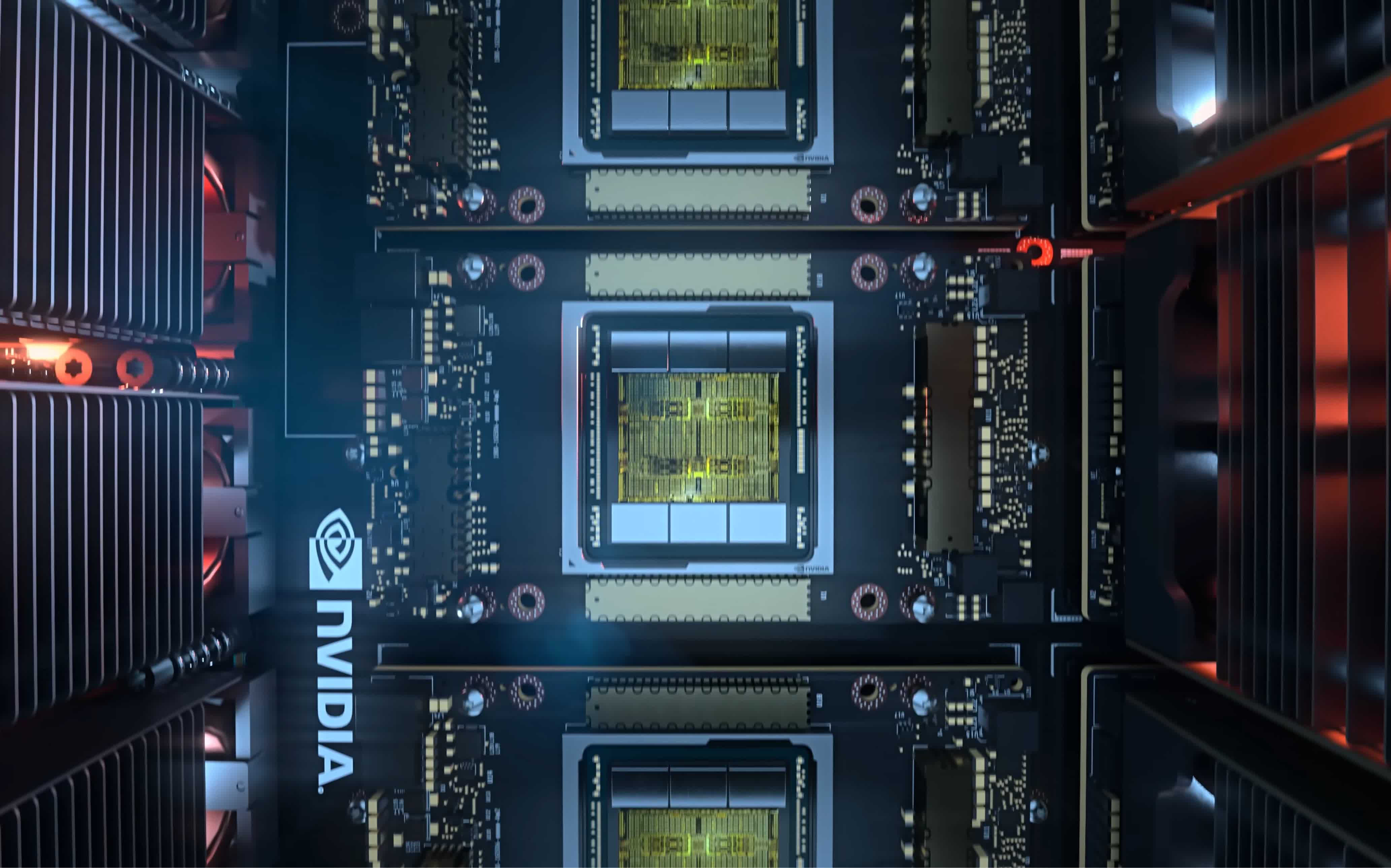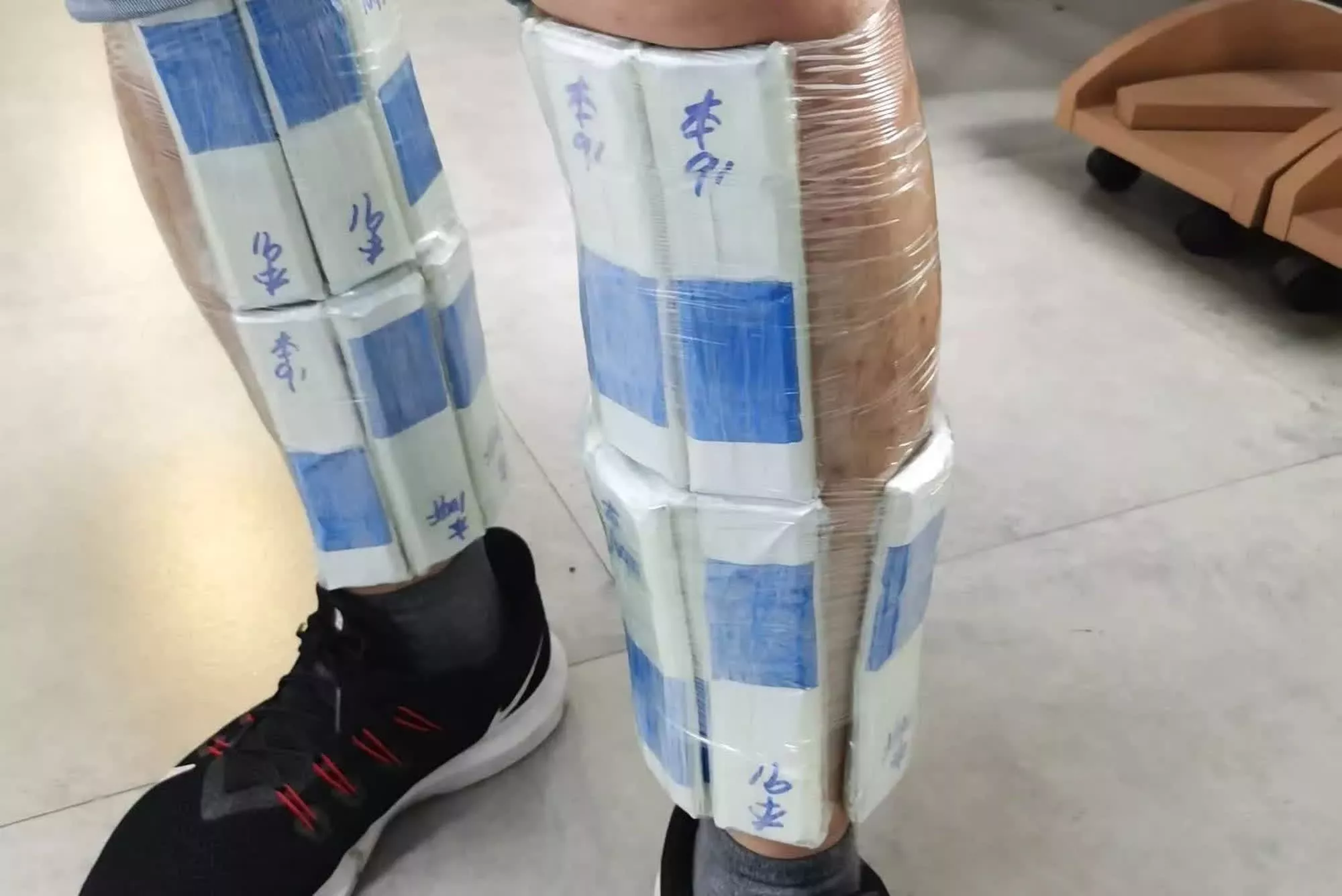In a nutshell: A new bipartisan bill aims to leverage a previously undisclosed tracking technology embedded in Nvidia chips to monitor where the products end up after sale. The bill's proponents are primarily concerned about powerful GPUs being supplied to Chinese organizations for training adversarial AI models.

A former particle physicist and chip designer is advocating for US authorities to adopt an effective method for tracking Nvidia GPUs. "The technology is already there," a supporter of the bill said, adding that the US Department of Commerce would simply need to develop appropriate regulations and enforce existing bans on chip exports to certain nations.
According to Bill Foster, a Democrat from Illinois who has designed multiple chips during his career, Nvidia could already determine the current locations of its high-performance GPUs. Much of the technology needed for real-time tracking is already integrated into the chips, Foster stated. Independent experts contacted by Reuters confirmed his claims.
How would this chip tracking system actually work?
The chips would communicate with a remote server via a secure channel. The server could then estimate their locations by measuring the time it takes for data to travel between the chips and the server. According to former engineer Tim Fist, this method would provide location tracking at the country level.

Forget about drug smuggling. It's chips we're concerned about.
The Bureau of Industry and Security (BIS), which is responsible for enforcing export controls for the Department of Commerce, currently lacks any information about the whereabouts of these chips.
This means that even identifying the countries where GPUs have been "relocated" would represent a significant improvement. "Right now, the BIS has no idea which chips to target for their investigations," Fist said.
US politicians are particularly worried about powerful Nvidia GPUs reaching China. While direct sales to Chinese organizations are now prohibited under export bans, Nvidia chips continue to reach the region through indirect channels. Nvidia has previously stated that it has no way to track its products once they are sold to customers.
Foster emphasized that this is not a hypothetical future concern. The US may soon discover that Beijing's authorities – or its military – are already using smuggled Nvidia GPUs to develop new weapons or train advanced AI models. He expressed particular concern about artificial intelligence, which he warned could pose a threat as immediate and serious as nuclear technology.